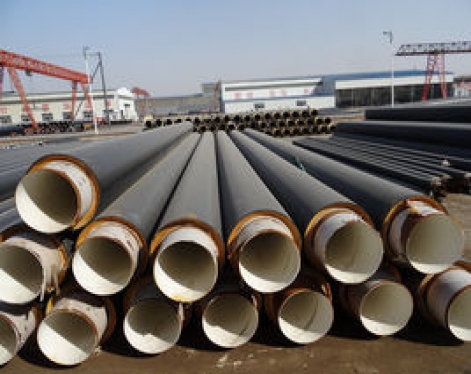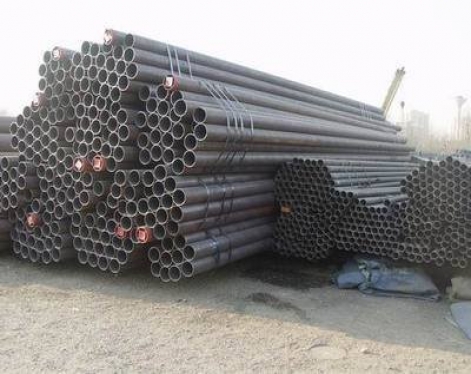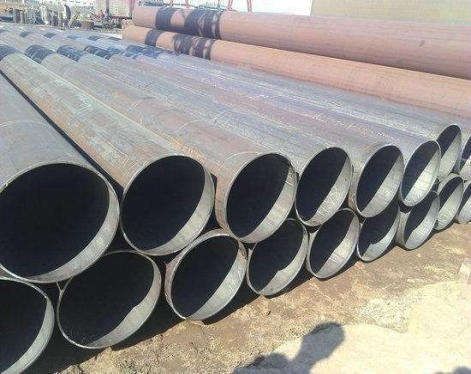
Anti-corrosion steel pipe refers to steel pipes that have been processed by anti-corrosion technology, which can effectively prevent or slow down the corrosion phenomenon caused by chemical or electrochemical reactions during transportation and use.
Read more
Decarburization is a phenomenon in which the surface carbon content of steel pipes (such as CS seamless pipes and welded steel pipes) decreases during heat treatment. The essence of decarburization is that the carbon atoms in the steel pipe react with the furnace atmosphere such as hydrogen or oxygen at high temperature to form methane or carbon monoxide.
Read more
During thermal processing (welding), due to the uneven heating temperature, compression plastic deformation occurs in the high temperature area. During cooling, the contraction of this part is prevented by other parts (low temperature region or first cooling part), resulting in residual stress and various deformations. However, the hot-processed steel pipes (welded pipes or thermally expanded seamless pipes) in the steel market mainly show bending deformation.
Read more
The seamless steel pipe is expressed as outer diameter, wall thickness, and thick-walled seamless steel pipe is mainly used for machining, coal mining, hydraulic steel and other purposes. How to solve the rust spots of thick-walled seamless steel pipes? There are two ways to solve it.
Read more
The horizontal contact surface between the hook and the end of the spiral steel pipe shall not be less than 40mm, otherwise it will easily deform the nozzle and affect the connection of the pipe.
Read more
Round steel refers to a solid strip of steel with a circular cross section. Its specifications are expressed in diameter, in millimeters (mm), such as "50mm" means a round steel with a diameter of 50 mm.
Read more